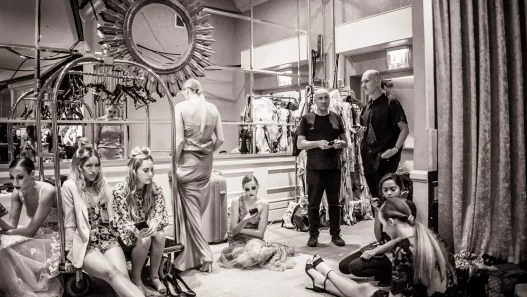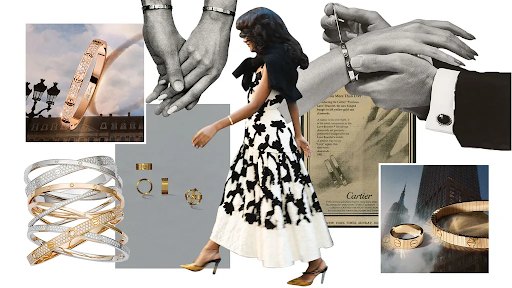In recent years, the extent to which fashion designers have profited from incorporating cultural designs without giving due acknowledgment to their origin has been an amplifying point of contention. This issue is particularly high profile in Mexico, where many western brands have been imitating indigenous designs produced by poverty-stricken communities. These western brands sell these designs as ‘boho styles’ for hundreds or thousands of pounds without giving any credit to the origin of these designs.
Recently, the international Fashion brands Zara, Anthropologie and Patowl have been accused of cultural appropriation by Mexico. The Culture Ministry claimed that these brands have used patterns from indigenous groups in their designs without any benefit to the communities. The Ministry of Culture had sent letters, dated 13 May 2021, to the three companies signed by Alejandra Frausto, the culture minister, asking each for a public explanation on what basis they have privatise collective property.
The Ministry stated that these companies have taken inspiration from the south-western state of Oaxaca to create designs and therefore, called for benefits to be awarded to the communities behind the inspiration of such designs. In a series of letters written to the brand, the Mexico Ministry of Culture stated that these embroidery techniques and design motifs are created by the Country’s indigenous populations. They pinpointed several clothing items of these brands alongside corresponding examples of garments created by indigenous craftspeople from the Oaxaca region.
The blue embroidered midi dress by Zara was specifically taken into consideration by the Ministry of Culture and in a press release, it stated that the Spanish brand had drawn on the ancestral symbols and traditional ‘huipil’ dresses produced by the Mixtec people of San Juan Colorado, Mexico. In addition, it was stated that this design reflects the environment, history and worldview of the community and such dresses typically take a month to be created by the craftspeople. The above-mentioned item is now no longer available on Zara’s website for sale.
Similarly, Anthropologie’s sky blue, raw-hemmed pair of embroidered shorts came into the highlight as it was an alleged example of cultural appropriation. It was claimed by the Mexican government that this item features symbols reminiscent of those used by the Mixe community, in Santa Maria Tlahuitoltepec. The allegedly copied embroidery is a manifestation of identity, history, and relationship with the environment of the community. These shorts which nearly cost $70 are still available on Anthropologie’s website for sale. Moreover, the ‘casual flower’ shirts made by Patowl were said to have been inspired by the embroidery techniques of the Zapotec community of San Antonino Castillo Velasco. Therefore, it was alleged by the government that this handmade floral embroidery on Patowl’s shirt was an initiation of the complex technique known as “hazme si puedes” (‘make me if you can’) and include the community’s pansy motifs, among others.
In response to these allegations, Zara’s parent company, Inditex stated that it had the highest respect for the Ministry of Culture and the communities within Mexico. It further stated that the designs in question were in no way intentionally borrowed, copied or influenced by the artistry of the Mixtec people of Mexico. Further, the reply of allegations has not been responded to by Patowl and Anthropologie’s parent company URBN.
This is not the first time Mexico accused brands of appropriation. In November 2020, the French designer Isabel Marant had used a pattern created by the Purepecha community. According to BBC, Marant had offered her sincere apologies to the country’s Ministry of Culture and said that she would pay tribute to the sources of inspiration in future. Similarly, in 2019, an American womenswear brand Carolina Herrera was accused by the ministry for using Mexican patterns without any permission, respect or economic consideration. Later, the creative director Wes Gordon said in a statement to the Guardian that the brand aimed to highlight the magnificent cultural heritage and was a tribute to the richness of Mexican culture. Therefore, these actions are taken by the Ministry of Culture to prevent plagiarism by national and transnational companies and to protect the rights of native peoples who have historically been disregarded.

















